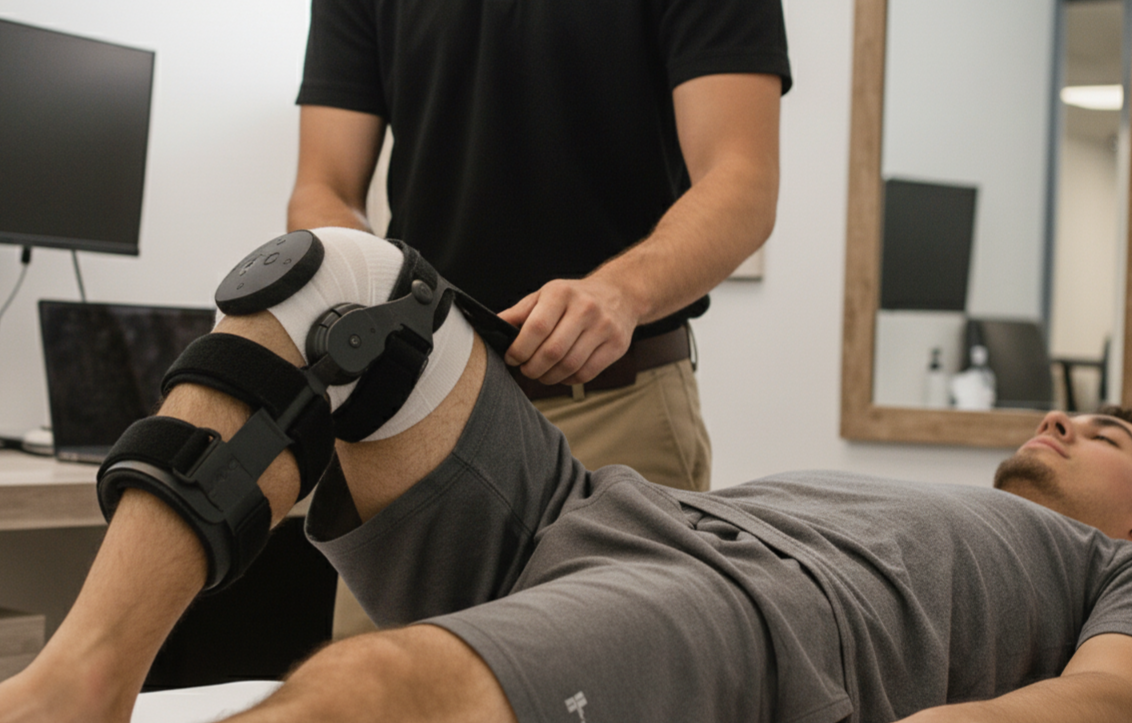
Every year, more than one million surgical procedures are performed in Canada. While these procedures are often essential, they can sometimes leave the body weakened, causing pain, loss of mobility, tight scars, and other issues. Osteopathy plays a key role both before and after surgery in preparing the body and optimizing healing.
The effects of surgery on the body
Even a successful operation causes many physical changes.
General anesthesia, prolonged immobilization, and intubation can cause muscle pain, stiffness, and persistent discomfort.
During surgery, the body remains frozen for several hours in unusual positions. This immobility can create musculoskeletal tension, which osteopaths help to release through gentle and precise manual manipulation.
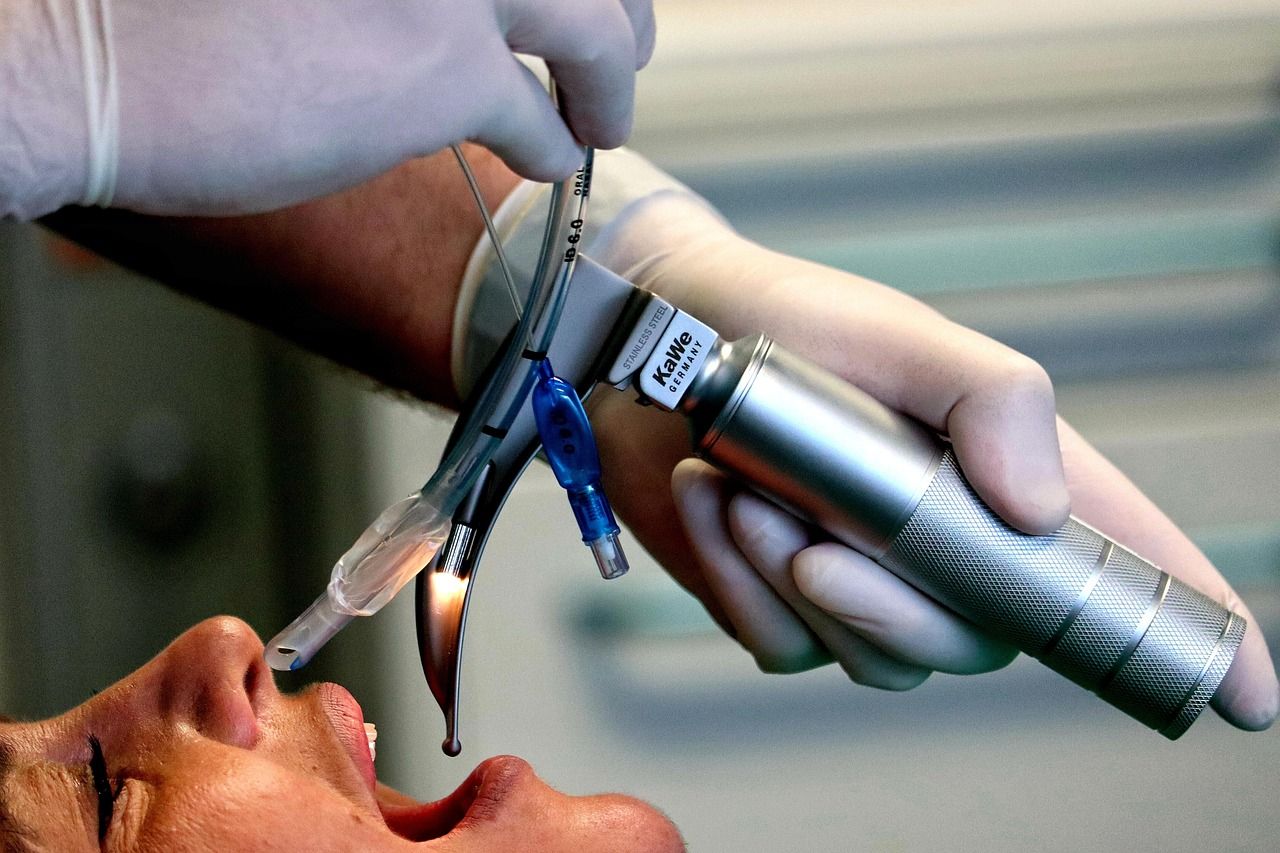
Intubation, on the other hand, can cause tension in the jaw, neck, and chest. This discomfort can become chronic if left untreated. By targeting the soft tissues and cranio-cervical structure, osteopathy helps to relax and rebalance these areas.
Before surgery: preparing the body for a better recovery
Before surgery, an osteopathy session can:
- release tension in the joints and tissues,
- optimize blood and nerve circulation,
- and promote better recovery after the operation.
A balanced and well-vascularized body reacts better to surgical stress and recovers more quickly.
After surgery: supporting healing
Once surgery is complete, osteopaths help restore mobility and reduce scar tissue adhesions.
Scar tissue can create tension at a distance, affecting posture, muscles, and even certain organs. By gently working on this tissue, osteopaths improve tissue flexibility and reduce residual pain.
Some examples of surgeries where osteopathy is beneficial
1. Orthopedic surgeries (fractures, prostheses, joint injuries)
Surgeries on the ankles, wrists, hips, or knees can leave persistent stiffness.
The osteopath works to restore joint biomechanics and release the scar tissue so that it does not create tension on the surrounding structures.
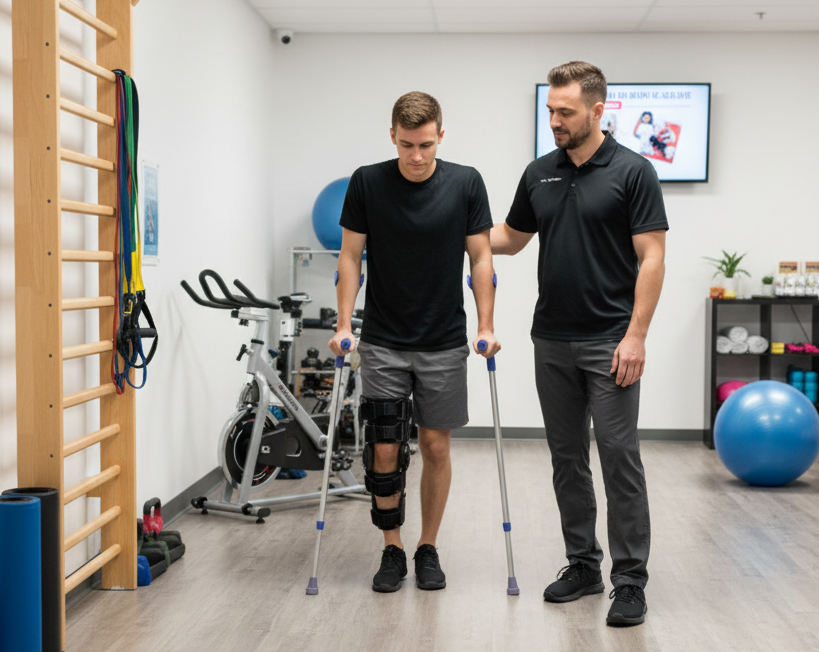
2. Cesarean sections and abdominal surgeries
Abdominal scars (cesarean section, appendicitis, gallbladder, tumors, etc.) can affect the pelvic area, back, or digestion.
Through gentle, non-invasive manipulations, the osteopath helps restore mobility to internal tissues and relieve lower back or pelvic pain.
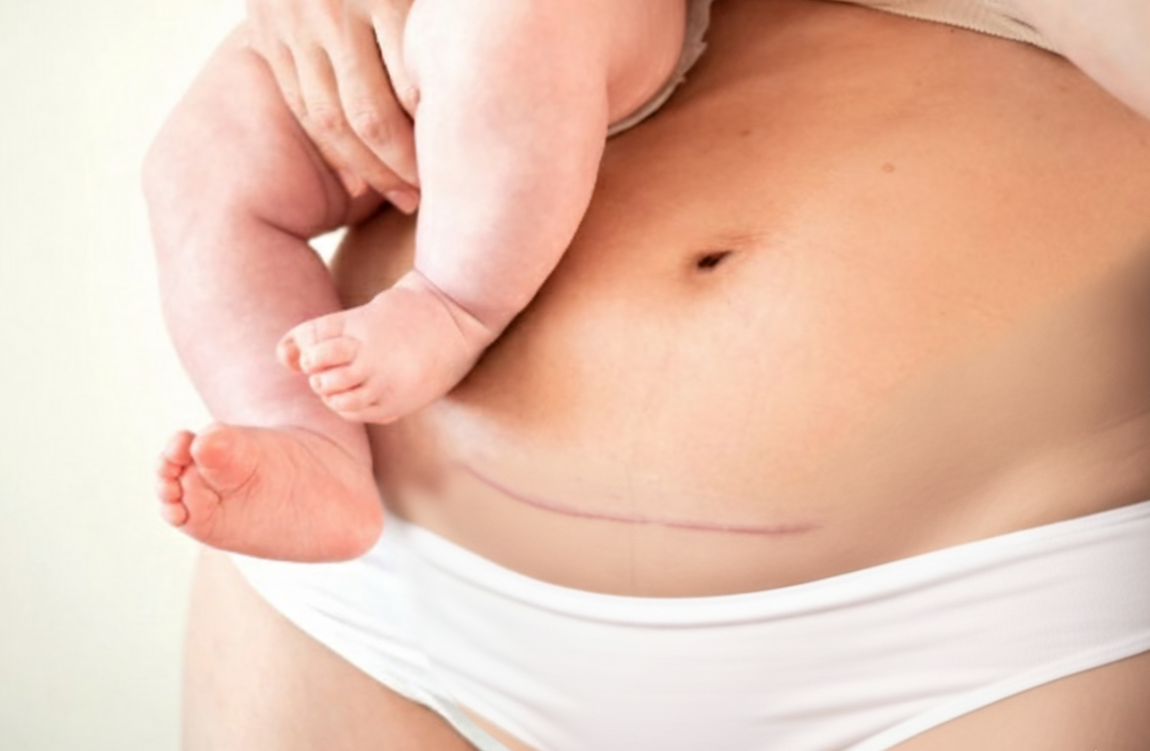
3. Thoracic surgery (mastectomy, heart surgery, resections)
These procedures often alter posture: rounded shoulders, stiff neck, restricted breathing.
The osteopath works on scar tissue, muscles, and ribs to restore flexibility and range of motion to the rib cage, thereby improving breathing and overall comfort.
In summary: an essential ally at every stage
Before and after surgery, osteopaths support the body to:
✅ reduce pain and tension;
✅ improve circulation and healing;
✅ restore flexibility and mobility;
✅ prevent long-term compensation.
Don't delay, make an appointment now!
Whether you are preparing for surgery or in the recovery phase, osteopathy can make all the difference.
Make an appointment with a qualified osteopath to support your healing in a gentle, natural, and effective way.

Back pain: how physiotherapy relieves lo...
Persistent lower back pain? Discover how physiotherapy can effectively relieve your backache with a ...
Lire plus...
Mental health and rehabilitation: an und...
Mental health, often overlooked, plays a crucial role in the success of a rehabilitation process. Di...
Lire plus...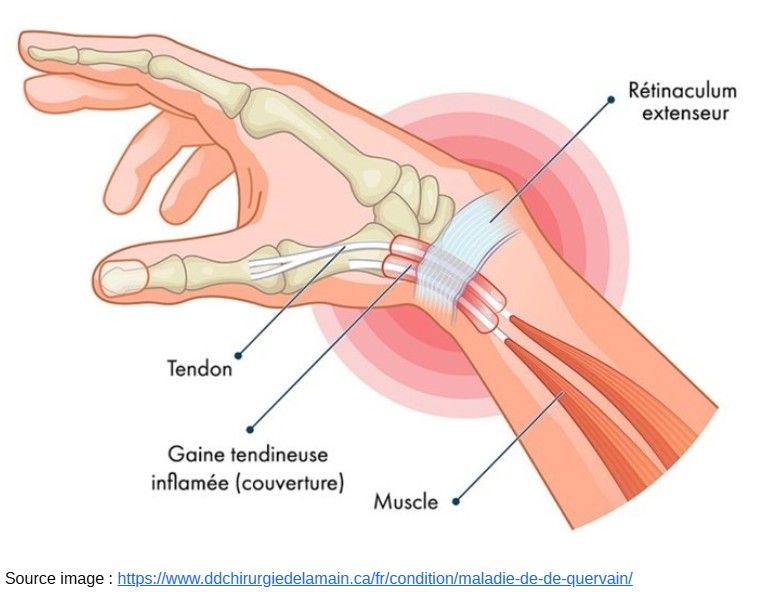
Thumb Pain: Understanding De Quervain’s ...
Is sharp pain at the base of your thumb making it hard to text or lift your coffee? Discover what De...
Lire plus...